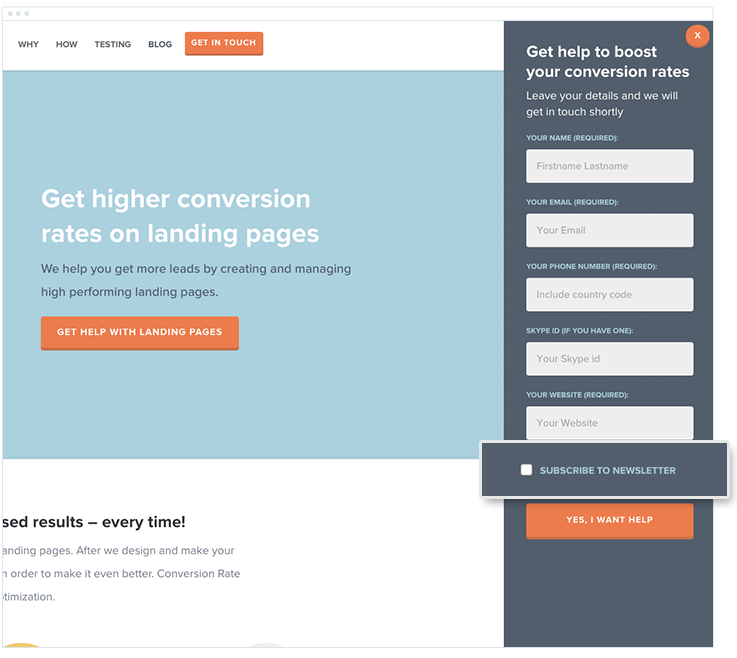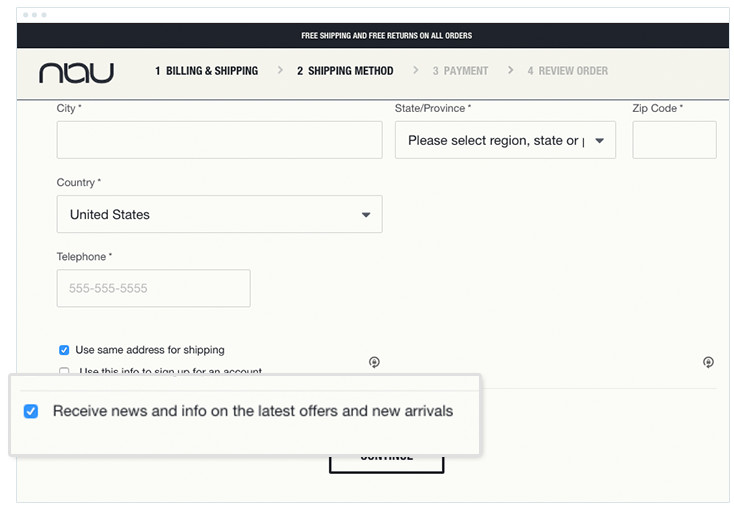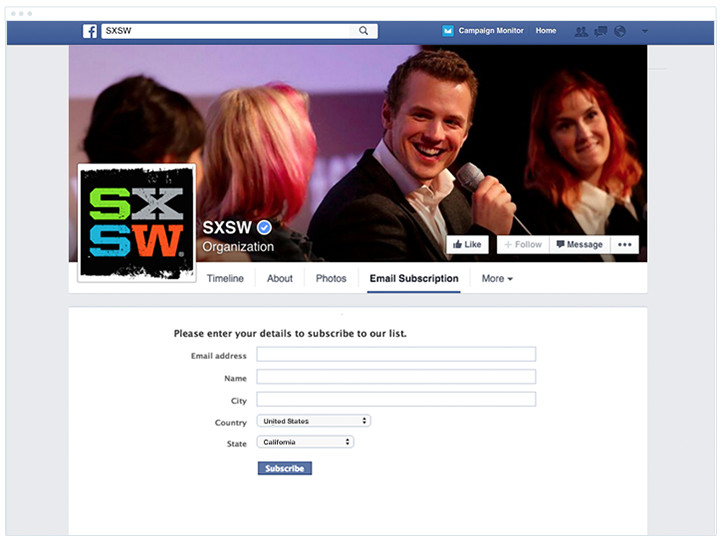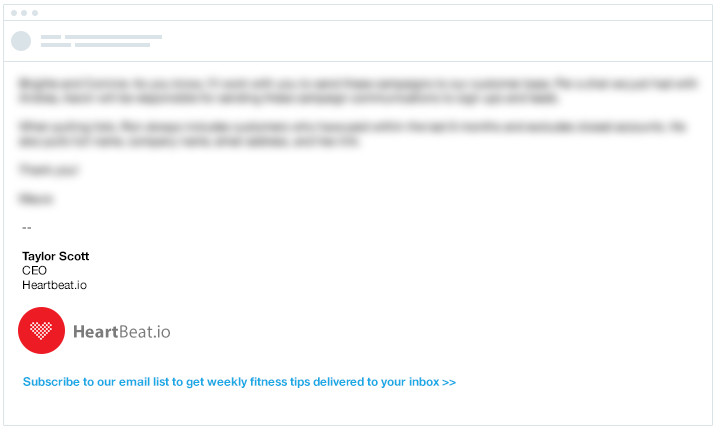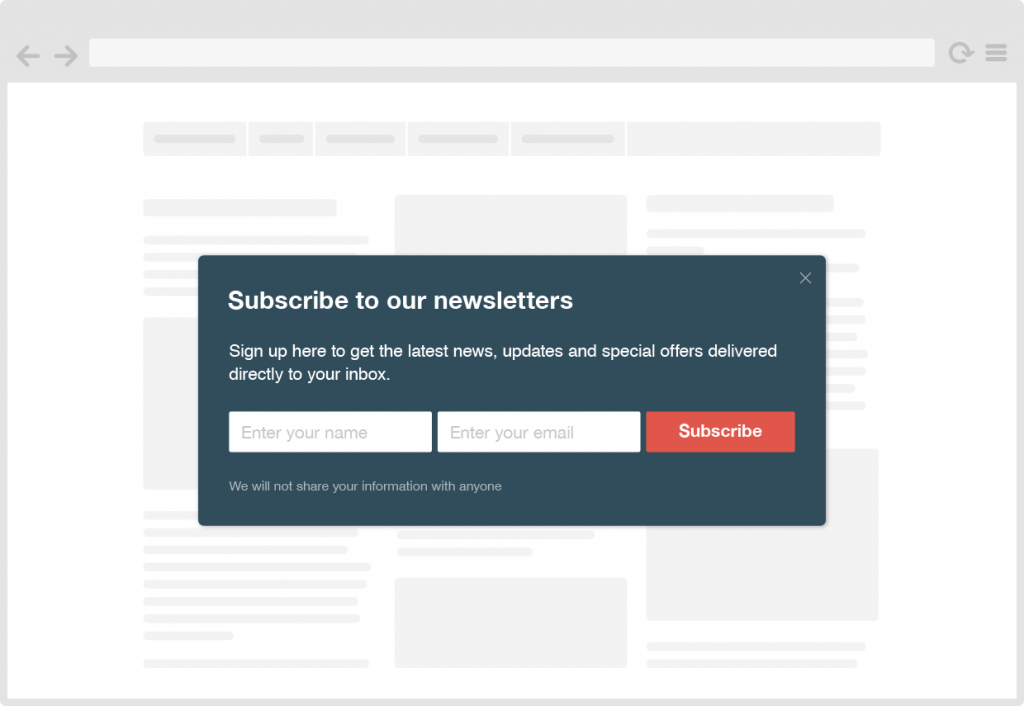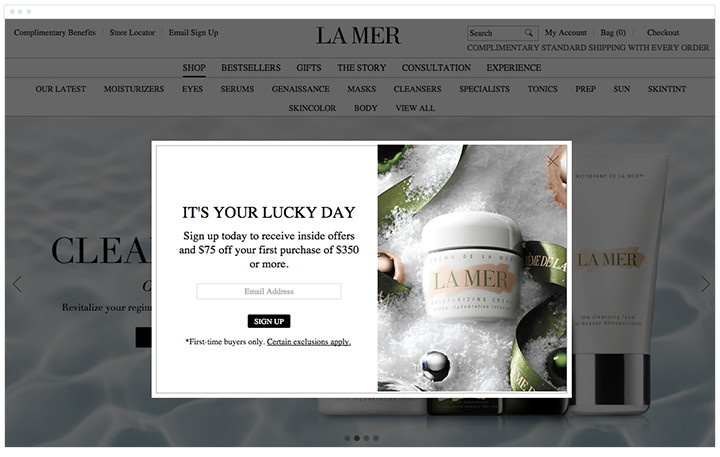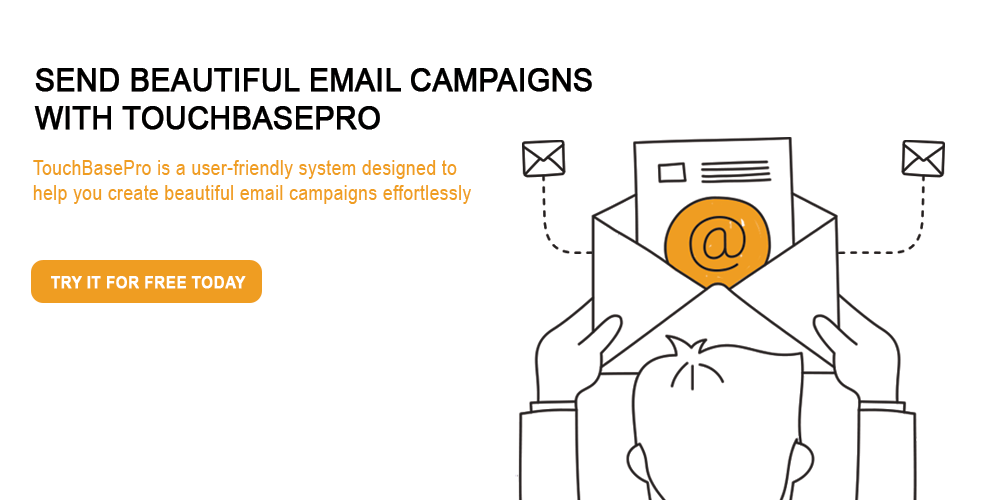Let’s get this out of the way, buying an email list is bad. Bad for you because the people you send emails to will just put them in their spam box, and bad for email marketing in general because you give us a bad name. Seriously, this is bad and you should avoid it at any cost. The great thing is that you don’t actually have to spend money buying an email list. There are many different ways to build one for free!
In case you got this far without knowing what an email list is: Simply put, an email list is a list of individual email addresses that you have permission to send email campaigns to. So how do you build a high quality mailing list for free?
Step 1: Make it easy for people to subscribe
On your website
If your website receives a lot of customer visits and interactions, then including a subscriber form or “tickbox” is a great way to build your email list. But where exactly on your site can you include a form? There are loads of options, here are some of the most effective we’ve seen:
- Contact form
Most contact forms naturally require people to include their email address but never really ask users to subscribe. This can be done easily with a subscribe tickbox, it’s like killing two birds with one stone! Check below to see how conversionLab implemented it on their site.
Just remember, it only counts as permission if the tickbox is not ticked by default.
- During the checkout or sign up process
Just like the contact form option, when people buy online and proceed to checkout, they are usually asked for their details – including their email address. Clothing brand Nau does a good job of this during their checkout process.
As above though, it only counts as permission if the tickbox is not ticked by default.
- Blog
Think about the best thing you’ve read so far at your favourite site. Do you want more of it? Most people would want more. So why not give people the option to get more of it? You can do this by using a pop up forms.
They often appear when you’ve reached the bottom of the blog you’re reading. It’s simply a way to say “if you liked it, you can get more like it”. And often people do decide to get more. The secret is that what you are offering should be of value to the reader.
On Your Social Channels
- Facebook Subscribe Form
If you are a TouchBasePro user, you can easily add a subscribe form to your Facebook page using our Facebook Subscribe Application.
- Twitter Lead Generation Cards
If your business is active on Twitter, then a great way to convert your followers into email subscribers is using Twitter’s Lead Generation Cards.
A Lead Generation Card is simply a link you include in your tweet that expands it out to allow people to subscribe to your list directly from the Twitter interface.
It pre-populates a user’s full name, @username and email address (as entered in their Twitter account settings) into the expanded area of your Tweet, meaning they can subscribe without having to manually enter their details.
Your email signature
Depending on the size of your organisation, you are probably sending a tons of emails to customers and potential customers per month. This in itself is an amazing opportunity, but what’s more is that those emails are often highly engaging because it’s often about you helping them solve an issue. This is the perfect place to promote your newsletter.
Heartbeat do a great job of this in their employee’s email signatures, including a link to a landing page that makes it simple for people they do business with to subscribe to their email list.
In-person
- Ask at point of sale
We have a client that owns a Camera Store. His store in located in a very affluent part of town where everyone is always busy. To make sure that his customers are always aware of his latest offerings, he asks his employees (especially the ones making the sales) to ask customers if they would to receive latest offers, news and tips about the gear they just bought. The downside to this is that they still used pen and paper to recorder the emails but other than that, it worked perfectly.
- Collect business cards
This is something that business people have been doing for years and it actually works. Granted that a lot less people are using business cards today because they can easily be found on Facebook or LinkedIn. Simply asking for business card and asking for the permission to add the person to a newsletter can go a long way.
Step 2: Offer a valuable incentive
You will see that people are more than happy to give you their email addresses if you give them something valuable in return. Below are a couple of valuable things you could give to people in exchange of their email addresses.
Great content
I already discussed it above but this will drive the point home. Think about the best thing you’ve read so far at your favourite site. Do you want more of it? Most people would want more. So why not give people the option to get more of it? You can do this by using a pop up forms like the one below:
They often appear when you’ve reached the bottom of the blog you’re reading. It’s simply a way to say “if you liked it, you can get more like it”. And often people do decide to get more.
Discounts and offers
Though they sometimes come across as cheesy because the internet is full of people trying to give you a “fake” discount, but if done right discounts and offers do work.
They are very similar to “subscribe forms”. Let’s say someone is looking at a product on your site. You could simply show them a discount form that will not only give them a discount but ultimately also encourage them to actually buy the product. It’s a win-win-win.
Early access and exclusive promotions
This is very popular in the video game scene. It’s aimed at enthusiasts who cannot wait to see the greatest and latest a brand has to offer. This is basically about giving people early access and exclusive promotions in exchange of their email addresses. Tesla recently did it for the release of their latest car, the model 3, and it was a complete success.
It’s important to note that this often works well when people are looking forward to the product. In other words, if you’re releasing a new kind of sliced bread, this might not be the best method to use.
